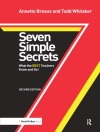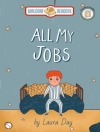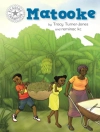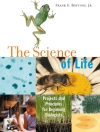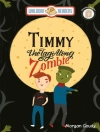This book is about supporting all children to overcome their individual challenges to literacy. It is about considering the whole child when exploring options for interventions and accepting that many children have more than one need. It examines the many factors that can contribute to literacy difficulties and highlights the importance of understanding the wider context when considering them.
The text draws on the latest research in education, psychology , neurology and sociology to illustrate how children′s literacy development can be mapped against difficulties in other areas of their lives. This is a ground-breaking and accessible book for all trainee and existing primary teachers working with young children who are experiencing difficulty with reading, written and spoken language.
Cuprins
The significance of phonics for ‘catching up’ with reading
Digital stories and becoming someone different
Me, myself, I: using drama to explore self in primary school
The reading and writing environment: literacy grounded in an ethic of care
Starting early – translating literacy into early years interventions
A world full of colours and sounds: using adjectives and adverbs in
The physicality of writing and speaking
Culture and literacy: storying capital and children’s lives
Communication and spoken word
Using multilingual narratives to explore loss and grief
The deliciousness of reading
Despre autor
David Waugh is a former deputy headteacher who worked in ITT from 1990 at the University of Hull, where he led the PGCE course and became Head of Department. In 2008 he was appointed as one of two (the other being Wendy) National Strategies Regional Advisers for ITT. He is currently lectures at Durham University. He has published extensively in primary English, as well as developing e-learning resources for National Strategies for English, mathematics and mentoring and coaching. David also writes children’s stories, including The Wishroom, which was written with 45 children from 15 East Durham primary schools and published in 2017.


